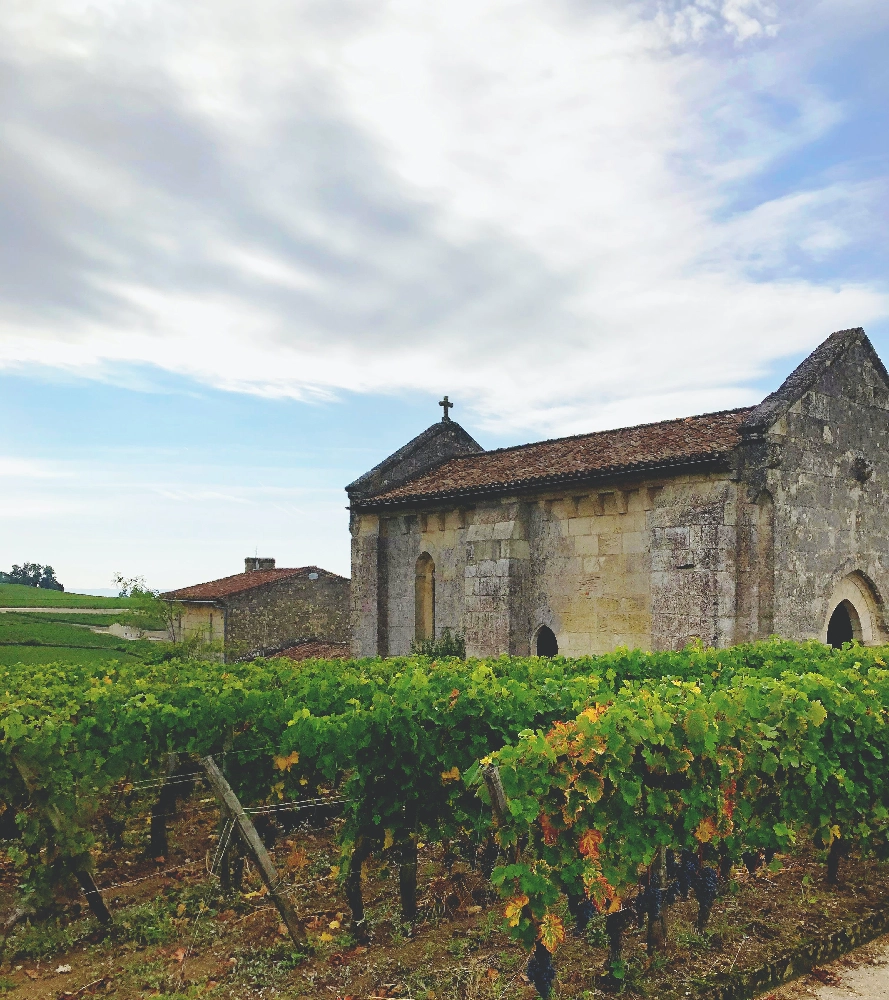
Barbera d'Alba Wineries & Wines Stats
Wineries
354
Wines
3386
A Cultural Journey through Barbera d'Alba: Unraveling the Layers of Piedmont's Red Wine Heritage
Introduction: Barbera d'Alba, a renowned wine region nestled in the heart of Piedmont, Italy, holds an intriguing cultural narrative intertwined with its unique grape varieties and distinctive winemaking traditions. This review aims to shed light on the rich tapestry of history, gastronomy, and social connections that have shaped Barbera d'Alba into a cherished wine destination.
Region Name: The name "Barbera d'Alba" is derived from its two essential components. The grape variety "Barbera" is native to this region, while "d'Alba" refers to the town of Alba in the province of Cuneo where Barbera wine production originated and thrives.
Geographical Context: Barbera d'Alba lies in the western part of Piedmont, with its vineyards sprawled over the rolling hills of the Langhe, Roero, and Monferrato areas. The region's diverse landscapes range from the lofty slopes to the gently undulating valleys, all influenced by the Alps to the north.
Wine Style: Barbera d'Alba wines are characterized by their medium-bodied structure, bright acidity, and deep ruby red color. The tannins are soft yet persistent, providing a pleasurable balance that complements a wide array of foods. This versatility is a testament to the region's winemaking philosophy, which embraces tradition while adapting to modern tastes and trends.
Grapes: The principal grape variety grown in Barbera d'Alba is, as its name suggests, Barbera. This heritage vine boasts over 40 different clones, each contributing unique flavor profiles and aromas. The region's terroir, with its varied soils and microclimates, further influences the distinct characteristics of the resulting wines.
Food Pairings: The hearty yet elegant nature of Barbera d'Alba wines has earned them a special place at the table in Piedmontese cuisine. They pair exceptionally well with local specialties such as Braised Rabbit, Roast Meat Dishes, and Fondue. The bright acidity and assertive tannins of Barbera help to cut through rich and savory dishes, creating a harmonious balance that delights the palate.
Social Connections: Barbera d'Alba is not only a region steeped in wine traditions but also an integral part of local social fabric. The annual grape harvest brings communities together, fostering camaraderie and solidarity. Wine tastings and festivals such as the "Fiera del Tartufo Bianco e Nero" (White and Black Truffle Fair) in Alba further strengthen the ties between residents, tourists, and the land itself.
Conclusion: Barbera d'Alba is more than just a wine region; it is a living testament to the cultural legacy of Piedmont. Through its distinct grapes, winemaking traditions, and culinary connections, Barbera d'Alba offers an immersive experience that invites us to explore the rich layers of Italian heritage. So raise a glass to this remarkable region and savor the flavors, stories, and warm hospitality that define Barbera d'Alba.
